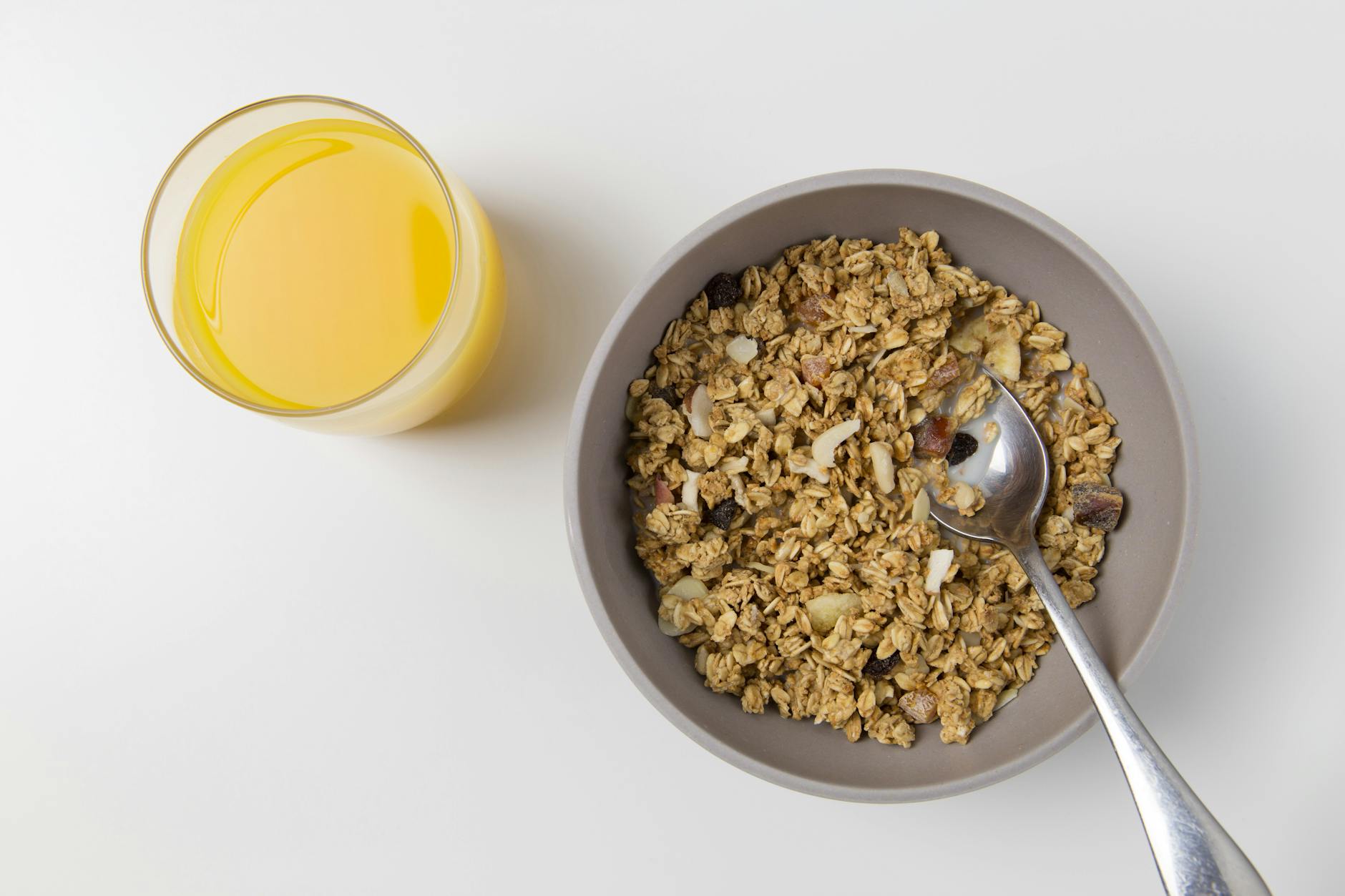Fiber is an essential nutrient that plays a crucial role in supporting overall health, digestion, and well-being. In addition to its digestive benefits, fiber also plays a significant role in combating the negative effects of sugar consumption on the body. In this article, I’ll explore the importance of fiber in the diet and how it can help combat the impact of sugar on health.
1. What is Fiber?
Fiber is a type of carbohydrate that the body cannot digest or absorb. It comes from plant-based foods such as fruits, vegetables, whole grains, legumes, nuts, and seeds. There are two main types of fiber: soluble fiber, which dissolves in water and forms a gel-like substance, and insoluble fiber, which does not dissolve in water and adds bulk to the stool.
2. Importance of Fiber in the Diet:
– Digestive Health: Fiber plays a key role in promoting digestive health by supporting regular bowel movements, preventing constipation, and maintaining a healthy gut microbiota. It helps to keep the digestive system functioning optimally and aids in the removal of waste and toxins from the body.
– Blood Sugar Control: Fiber helps regulate blood sugar levels by slowing down the absorption of sugar in the bloodstream. Soluble fiber, in particular, forms a gel-like substance in the digestive tract that can help control spikes in blood sugar after meals, reducing the risk of insulin resistance and type 2 diabetes.
– Weight Management: Fiber contributes to satiety and can help control appetite by slowing down the emptying of the stomach and promoting feelings of fullness. Including fiber-rich foods in the diet can aid in weight management by reducing overall calorie intake and promoting a healthy body weight.
– Heart Health: Fiber has been shown to have a protective effect on heart health by lowering cholesterol levels, reducing inflammation, and supporting healthy blood pressure. Soluble fiber can help lower LDL (bad) cholesterol levels, which is a risk factor for heart disease.
3. How Fiber Combats Sugar:
– Slows Sugar Absorption: Fiber helps slow down the absorption of sugar in the bloodstream, preventing rapid spikes in blood sugar levels after meals. This can help stabilize energy levels, reduce cravings for sugary foods, and support overall blood sugar control.
– Enhances Satiety: Fiber-rich foods are often more filling and satisfying than low-fiber foods, leading to a reduced appetite and lower calorie intake. By promoting feelings of fullness, fiber can help curb sugar cravings and prevent overeating of sugary snacks and desserts.
– Supports Gut Health: Fiber acts as a prebiotic, feeding the beneficial bacteria in the gut and promoting a healthy gut microbiome. A healthy gut microbiota is essential for optimal digestion, nutrient absorption, and immune function, and it can help reduce inflammation and support overall health.
4. Tips for Increasing Fiber Intake:
– Include a variety of fiber-rich foods in your diet, such as fruits, vegetables, whole grains, legumes, nuts, and seeds.
– Aim to consume at least 25-30 grams of fiber per day, gradually increasing your intake to avoid digestive discomfort.
– Choose whole, minimally processed foods over refined and sugary foods to maximize fiber intake and minimize sugar consumption.
Fiber is a vital nutrient that plays a significant role in supporting overall health and combating the negative effects of sugar consumption on the body. By including fiber-rich foods in your diet, you can promote digestive health, regulate blood sugar levels, support weight management, and enhance overall well-being. Making conscious choices to increase fiber intake and reduce sugar consumption can have a positive impact on your health and help you maintain a balanced and nutritious diet.
Here are some suggestions on where to find sources for additional information:
1. Scientific Journals: Search for research articles and studies published in reputable scientific journals in the fields of nutrition, dietetics, and health. Look for studies that explore the impact of fiber on blood sugar control, weight management, and digestive health.
2. Health Organizations: Visit websites of trusted health organizations such as the Academy of Nutrition and Dietetics, American Heart Association, and National Institutes of Health for information on the benefits of fiber and its role in promoting health.
3. Nutrition and Dietetics Websites: Explore websites of registered dietitians, nutritionists, and health professionals who specialize in fiber-rich diets and healthy eating habits. They often provide evidence-based information on the importance of fiber in the diet.
4. Academic Institutions: Check research studies and educational materials from universities and academic institutions that focus on nutrition, public health, and food science. They often publish findings related to the benefits of fiber in combating sugar and supporting overall health.
5. Government Health Agencies: Visit websites of government health agencies such as the Centers for Disease Control and Prevention (CDC) and the National Institute of Diabetes and Digestive and Kidney Diseases (NIDDK) for guidelines on fiber intake and its impact on health.



